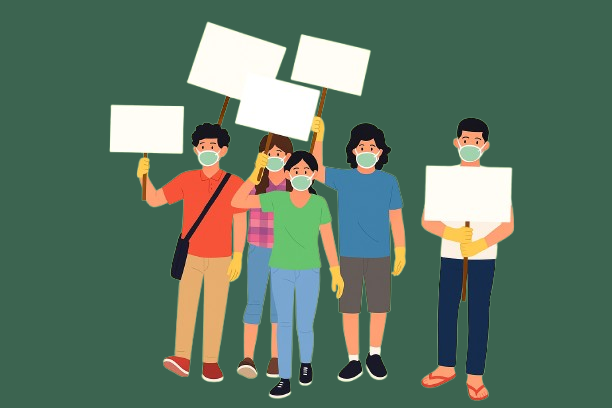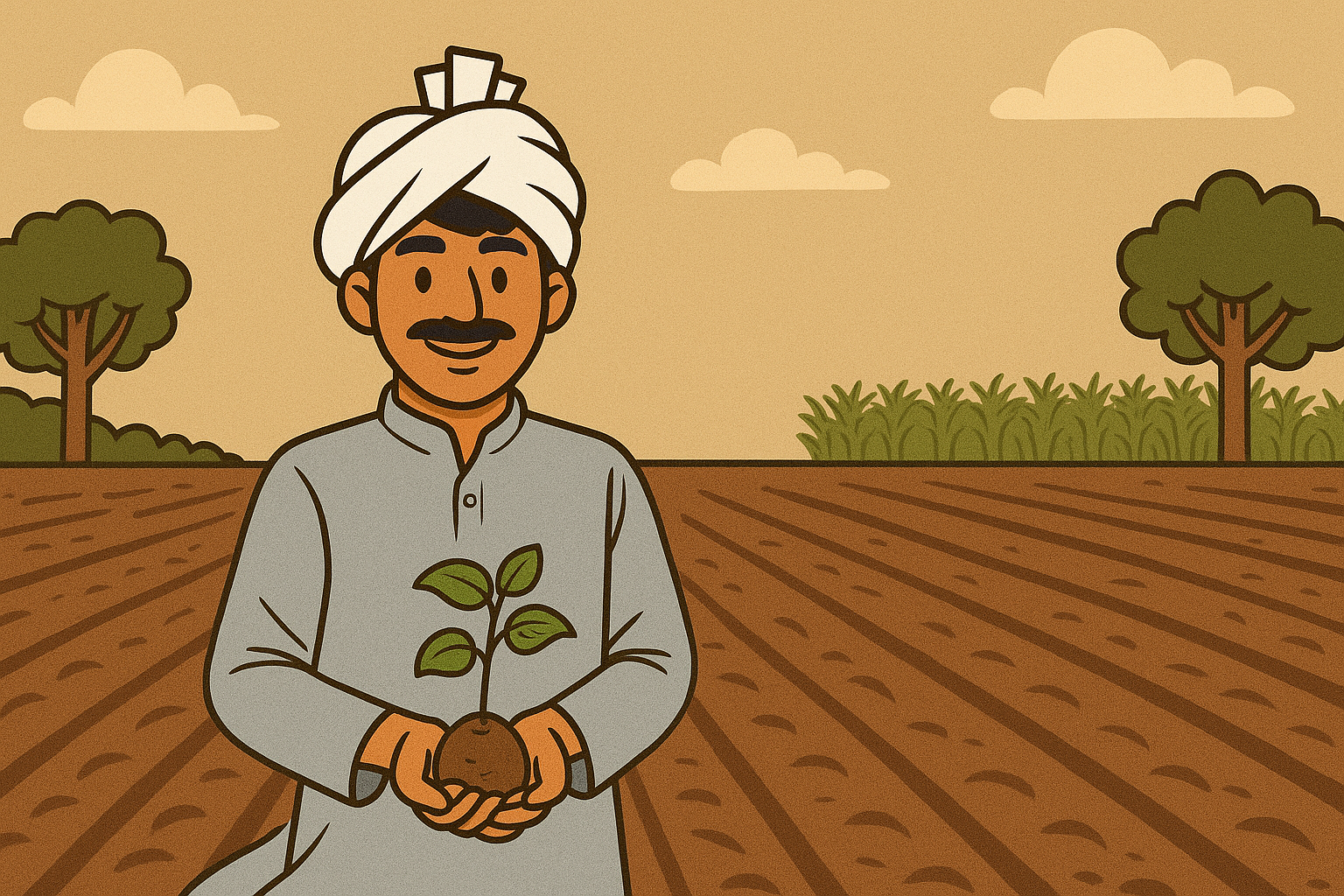
Preserving the planet's natural resources is essential to keeping life alive. We protect future generation's well-being and maintain a balanced ecosystem by protecting our forests, oceans, and wildlife. Utilizing resources like electricity and water wisely lowers waste and has a positive environmental impact. We work to preserve biodiversity and slow down climate change through programs including wildlife conservation, sustainable agriculture, and reforestation. Whether through modest lifestyle adjustments or pushing for laws that encourage conservation, each person is vital to this effort. By working together, we can preserve our planet's wealth and beauty for future generations.

Mitigation is a key tactic in the fight against climate change. We want to embrace renewable energy sources, cut greenhouse gas emissions, and improve energy efficiency through coordinated efforts. Policies are put in place by governments to encourage sustainable activities, and industry are adopting cleaner technologies. Initiatives for carbon capture and reforestation help to balance the amount of carbon in the atmosphere. Public awareness initiatives also encourage eco-friendly lives by changing people's behaviors. Global cooperation is essential since combating climate change necessitates group effort. We work to protect our world for future generations and provide a resilient and sustainable future in the face of environmental problems by giving mitigation measures first priority.

Maintaining the condition of our world requires strict control over pollution. We can reduce the hazardous emissions from industry, cars, and waste disposal by implementing strict laws and utilizing modern technologies. Pollution levels can be considerably decreased by putting into practice sustainable measures like afforestation, garbage recycling, and the use of renewable energy. Education and public awareness initiatives are essential for encouraging environmentally conscious behavior. Governments, businesses, and communities must work together to effectively address pollution. Prioritizing pollution management measures ensures the health and well-being of future generations by paving the path for a cleaner, healthier future for both people and the planet.

The foundation of a positive human-environment relationship is sustainable agriculture. Sustainable agriculture tries to meet the requirements of the present without sacrificing the ability of future generations to meet their own needs by utilizing strategies that prioritize biodiversity preservation, soil health, and resource efficiency. Crop rotation, organic farming, and water conservation are some of the techniques used to minimize negative environmental effects while ensuring food security and building resilience against climate change. Adopting sustainable agriculture is not only a moral obligation but also a means of protecting the ecosystems of our world and guaranteeing the welfare of present and future generations.